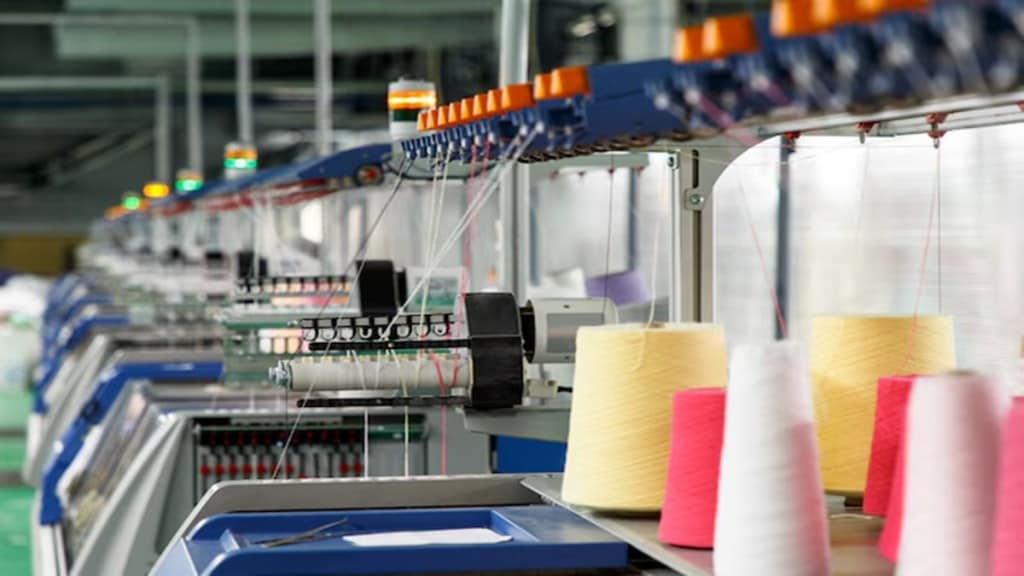As the government scrapped Quality Control Orders (QCOs) on a long list of industrial inputs—including different varieties of polyester yarn—its trade-defence arm has begun an anti-dumping investigation into imports of Polyester Textured Yarn (PTY) from China.
The probe was ordered following a complaint by Reliance Industries and Wellknown Polyester, after the Directorate General of Trade Remedies (DGTR), in a preliminary review, found merit in the claims of dumping by Chinese exporters and harm to domestic industry.
According to an official notification, the period of investigation (POI) spans 1 April 2024 to 30 June 2025, while the injury analysis will cover FY22, FY23, and FY24. In a separate notification dated November 12, the government withdrew 14 QCOs at once, five of which applied to different polyester yarn varieties. PTY was not among those removed, but it can substitute for certain other polyester yarns in some applications.
The quick rollback of more than 25 QCOs has raised concerns about a potential surge in low-priced imports.
QCO reversal to reduce input costs
Under the QCOs, foreign suppliers were required to obtain certification for their manufacturing units and products before selling in India—an expensive and time-consuming process. Many overseas suppliers drop out of the process, limiting the number of suppliers for the domestic market. With the QCOs now withdrawn, Indian manufacturers will gain access to more global suppliers.
The Global Trade Research Initiative (GTRI) noted that, “The QCOs raised input prices by 15–20% above global levels but their withdrawal creates a protection vacuum. Domestic producers, which are already disadvantaged by high power, finance and logistics costs, now face aggressive import competition.”
Anti-dumping action against China
The officials, however, say the government has enough mechanisms to deal with any instances of dumping that might come to light after the withdrawal of the QCOs and some of them can be deployed at a short notice.
“For dumping there are clear mechanisms in place to ensure that anti-dumping procedures are maintained and measures taken. We are strengthening DGTR to respond to it fast,” the officials had said.
To check sudden surges that cause cash losses to companies or do other harm then provisional measures can be taken pending a full anti-dumping investigation,” they added. Earlier his provisional anti-dumping duty was imposed on some steel products pending completion of a full scale anti-dumping investigation.
However, worries still remain. “China’s vast surplus in polymers and non-ferrous metals could trigger an import surge, undermining recent investments and deepening strategic dependence on a single supplier,” GTRI said.
The think tank further stated, “Domestic producers of polymers, man-made fibres and non-ferrous metals had relied on QCOs — and earlier, anti-dumping duties — to offset India’s well-known cost disadvantages in power, logistics and finance. Both protections have now vanished.”
Import consignments were frequently held up at ports for testing even when they met global standards. That delay raised working-capital requirements, disrupted production, and pushed raw-material prices 15–20% above international levels — weakening the competitiveness of India’s textiles, packaging, and engineering plastics sectors.
The QCO withdrawal marks the first major reversal of a regime that expanded from just 14 QCOs in 2017 to nearly 800 today — most imposed after 2020. Originally targeted at consumer-facing goods and safety-sensitive items, QCOs gradually extended deep into industrial supply chains where no inherent safety risk existed.

